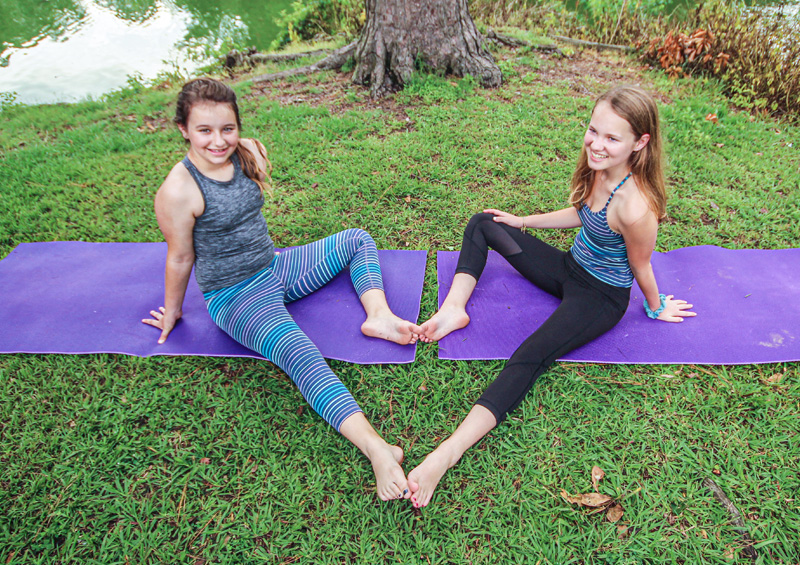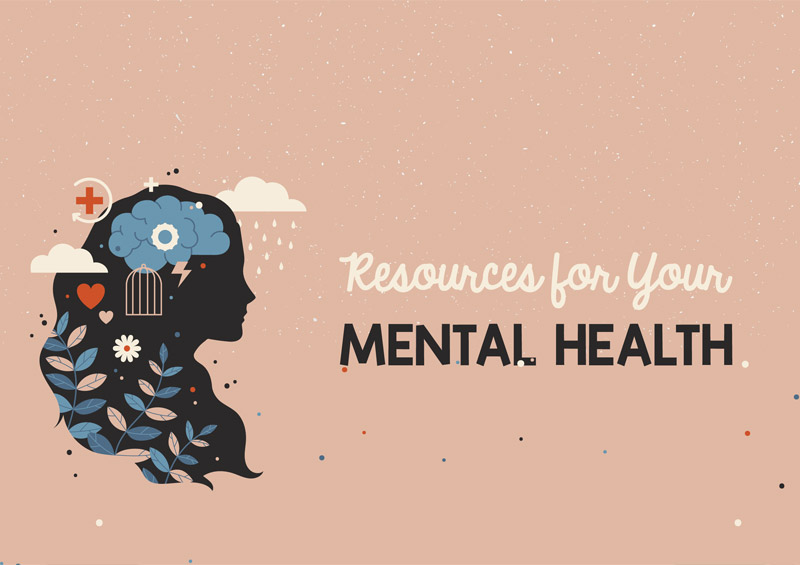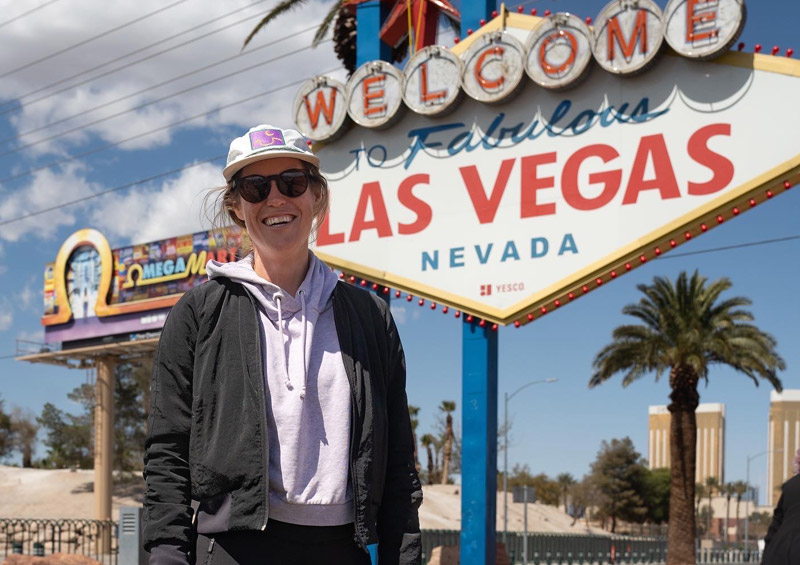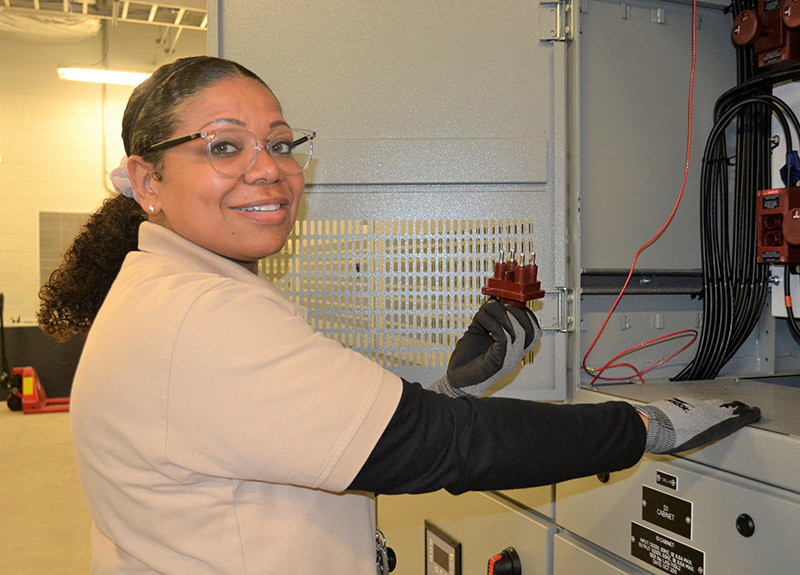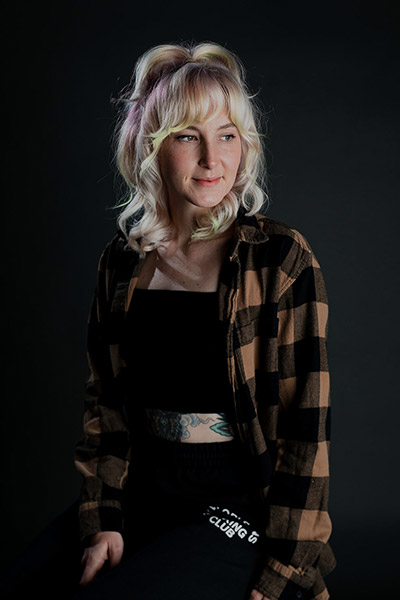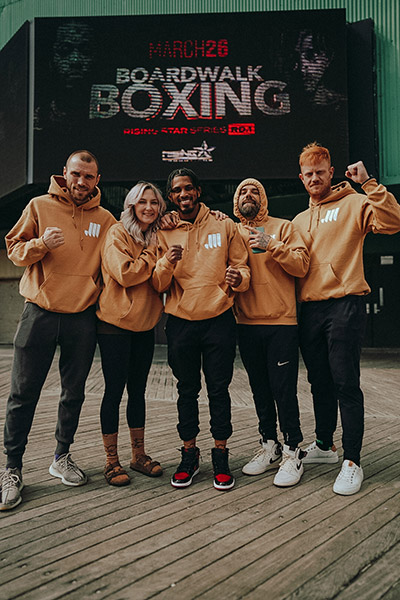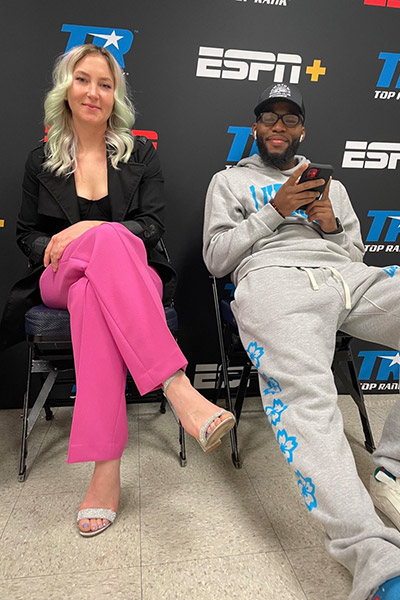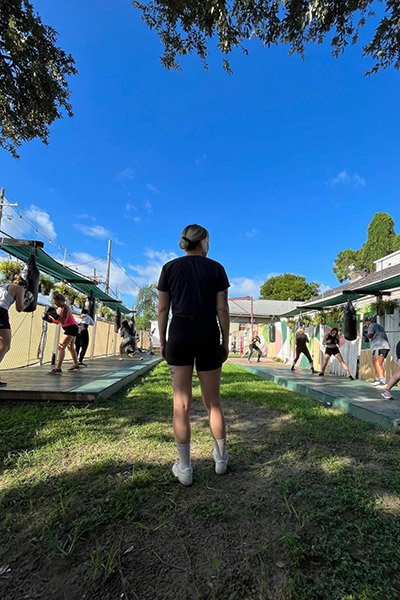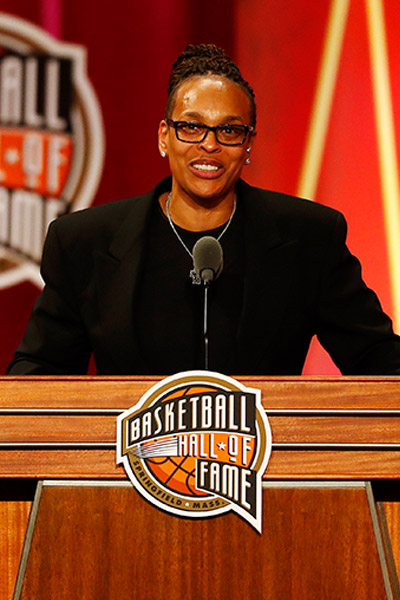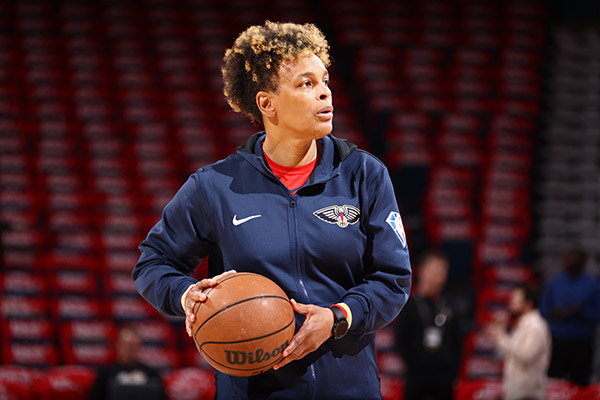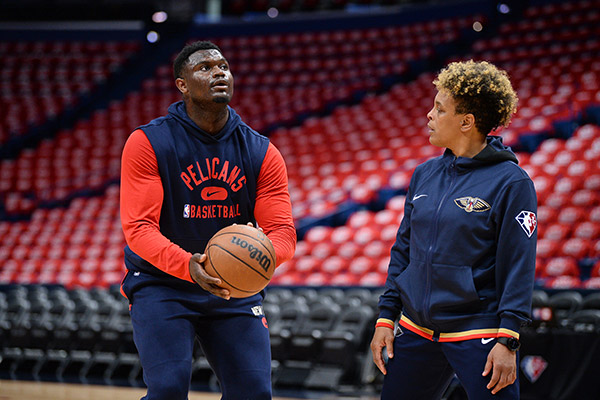Professional Background:
I’m from Pineland, Texas, and am the youngest of six children. Fun fact about myself: There is more to me than just the game of basketball. I enjoy allowing my life to be impactful through the lives of other people. It’s fun for me to share my experiences to help other people. I would love to travel across the world—from country to country, from school to school, from kid to kid—and try to be as motivating as I can be in young people’s lives.
Professional Journey:
Coming from a family of athletes, I started playing sports at a very, very young age. I played every sport and probably did everything that girls were not supposed to do. It all started for me with playing every sport with guys and having an incredible coach in Aretha Swindale when I was in high school. Then I got an opportunity to play for Louisiana Tech, my university, under coach Leon Barmore. After graduating, I played on Olympic women’s basketball teams and went overseas for many years. Then the WNBA came into existence in 1997. I got a chance to play in New York City for the New York Liberty with eight teams in the WNBA. From there, the journey started to really explode. I had been offered a great opportunity overseas, but once I was able to play in the WNBA, my life took place in New York City, playing the game and, once again, visiting many schools to try to be impactful in the lives of our young people.
I always thought I would be coaching basketball. Playing the position that I played (point guard), you have to be the extension of your head coach. So, you kind of know the direction you want to go. I knew that I wanted to continue to be a part of the game once I was done playing. The way to do that was to be on the coaching side, which is the side that I like the most because it’s about teaching. Teaching and giving back in this game is a lot of fun. The most exciting part is when you see the results of the people you’re teaching.
Alternative Career:
My mom used to ask me this a lot. She would say, “Alright, what would you be doing if you weren’t playing the game of basketball?” When I was younger, I enjoyed acting a lot. I had a few opportunities in acting, but I realized that I was acting all the time. To this day, I like to get into acting mode.
Typical Workday
As a coach, when I’m “in season,” I’m all about my job. I’m all in. Preparing for the day, preparing for the details that must be put out for our young guys to understand. I’m always thinking and always trying to grow. I’m all about the game during the season, but when I do have a little bit of me time, it’s all about my family. They are me and I am them, so I want to spend the majority of my time with my family when I’m not engulfed in the game of basketball.




